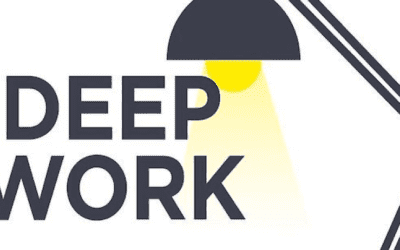|
|
Every author wants his/her book to be on the list of bestsellers, and that’s completely normal. We all want to be the best at what we do. But all the talent in the world can’t help you if all you can do is write a good story; that’s just the beginning. The magic really happens when the editing process starts, but a lot of authors fall into traps that can easily mess up a manuscript with a lot of potential.
Think about how many drafts get rushed to publication and what happens when you rush. Plot holes, flat characters, typos, even grammar mistakes, which are crazy embarrassing. Then, a publisher refuses your draft because it’s obviously terrible and you end up looking unprofessional.
Keep reading and we’ll get into the most common mistakes authors make and, more importantly, we’ll show you how professional editing can get your book from okay to extraordinary.
The Most Common Mistakes Authors Make
If you’re a writer, there are some services to help you edit a book out there that can ensure you don’t face issues most authors do. Editing is a key phase of book writing, but many people overlook it because they’re either inexperienced or they’re in a rush. The end result is the same in both cases – a poorly written manuscript.
1. Skipping Developmental Editing
This is one of the most important stages of editing because it focuses on the “big picture” stuff in the manuscript. It looks at aspects like plot structure, character development, pacing, and how coherent the theme is (or not). The main point of this stage is to make sure the story flows logically and that the readers are engaged from start to finish.
2. Rushing to Publish
For a writer, one of the most exciting things is to finish a manuscript. They want to see their book on a shelf or online and start getting the recognition the work deserves. This is all great unless you rush the editing process, which many people do because they’re too anxious to publish.
If you skip over some steps in editing, you get typos, inconsistencies, and plot holes.
3. Editing the Manuscript Yourself
This is a huge no-no. A lot of writers think they can edit their manuscript themselves, and while that can be a good first step, it’s not how you want your entire work to be edited. You’re way too close to it to spot flaws (repetitive phrasing, inconsistencies, weak plot points, etc.) and you’ll most likely overlook problems that would be glaring to a fresh set of eyes.
A professional editor isn’t a luxury; they’re a necessity.
How Developmental Editing Transforms a Manuscript
The best way we could describe what developmental editing is would be to say that the result you get from it is “your work, but better” (next level). It focuses on the general structure of the manuscript, pacing, and how aligned it is with the main theme. At this stage, there’s not too much focus on details like punctuation, grammar, etc. That part comes later. Basically, it’s a high-level review that makes sure your story has a solid base and that the characters are consistent and believable.
For example, a developmental editor can take a loosely structured mystery novel with underdeveloped characters and turn it into a tight story where each plot twist corresponds with the protagonist’s growth and motives. This is a process that relies on collaboration, so it’s not like you can just send your manuscript in and be done. You’ll get a lot of constructive feedback from your editor, as well as suggestions that will make you rethink and refine your work. This is a partnership, so you’ll work with the editor to improve your manuscript and grow your skills along the way.
Can you see by now why skipping this part would be a huge mistake? Even if you could get a publisher to work with you and publish a book that hasn’t been edited properly, you still wouldn’t get too far with it because your readers would bury you in negative reviews.
Think of this as a sort of a blueprint for successful storytelling. If you don’t pay enough attention to it, your manuscript won’t be cohesive and engaging, and if you’re lucky, a publisher will reject it to save you from future embarrassment.
The Verdict
Editing is what makes your manuscript come to life, and if you think fixing typos and grammar is all it does, then you really don’t know anything about it. This, of course, is just another sign that you absolutely need to hire a professional because you have nowhere near enough experience to do this all on your own.
Keep in mind, nobody’s trying to make it seem like what you wrote isn’t good enough or that your contribution to the project is small. You’re still the author and you still have the final say, but without a professional editor, you’ll never be as successful as you could be.







